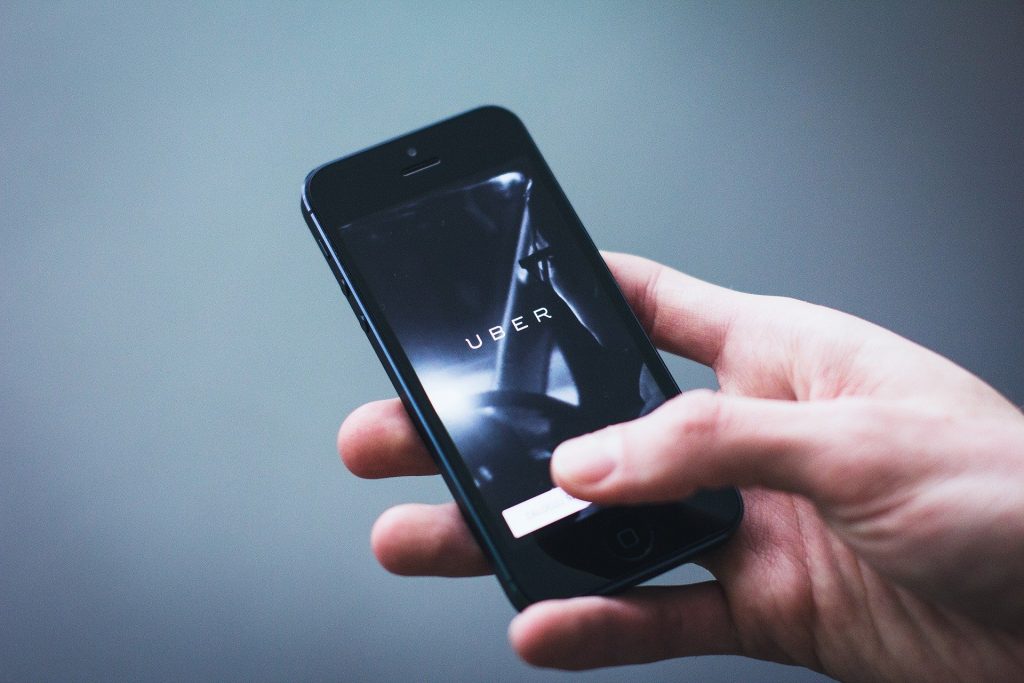Uber transportation potentially dangerous for students
3 min read
Pixabay
By NICOLE CONTRINO
Uber has become increasingly popular among individuals looking for the easiest way to get around a city. College students have begun to capitalize on the use of Uber as a “safe” and easy way to get home from a night out that may have ended in a little too much to drink, but how safe is Uber?
While I am no fan of an overpriced taxi ride or waiting around at a questionable bus stop late at night, Uber has been creeping into the media as not exactly being an ideal situation either. When a driver is requested through the Uber app, a passenger immediately puts their lives in the hands of an anonymous driver. Yes, the passenger knows the name of the driver and the driver’s car model, but that tells the passenger little about the safety of getting in the car with a random driver.
Here are, what I believe to be, three reasons to reconsider getting into a car with a stranger and sticking to a designated driver.
1. Terms of Service
Has anyone taken a second to read Uber’s terms of service? I am not going to lie; I never read it the first time I agreed to accept Uber’s terms of service. I was more interested in quickly getting a car to pick me up, rather then checking what that might have actually entailed. Uber’s terms of service are as follows:
“Uber does not guarantee the quality, suitability, safety, or ability of third party providers…” and, “Uber shall not be liable for indirect, incidental, special, exemplary, punitive, or consequential damages, including personal injury, or property damage related to, in connection with, or otherwise resulting from any use of the services…” Basically, if you are hurt in anyway, Uber is not to blame and does not protect their drivers or their passengers.
2. Uber barely screens their drivers
Uber has been questioned many times about how they screen their drivers and many times the answer is that Uber uses a “zero-tolerance” background check to ensure that drivers are safe to be alone with other passengers. An Uber driver in San Francisco physically and verbally attacked a passenger, but apparently passed Uber’s “zero-tolerance” background check. Turns out this driver had a very long list of criminal history that would have probably persuaded Uber from allowing them to drive for their company. Seems to me like Uber is the place to get a job after being convicted. I will pass on that next ride.
3. Some people are just a little crazy
Look in the news and you will find that some Uber drivers are not only convicted felons, but they also seem to have lost their marbles. No, not all Uber drivers are crazy, I personally have had only good experiences with Uber, but a company as large as Uber should not be having such common problems. In Los Angeles a driver held a woman’s phone hostage for $500 ransom, which Uber ultimately did nothing about. Not to mention, Jason Dalton who killed six people while on his Uber shift.
While he did not actually kill any of his passengers, USA Today said that Dalton was driving through lawns and over medians when taking passengers to their destinations. While waiting for another fare to pop-up, Dalton went to three different locations and shot the parking lot up. Think about being the next passenger this guy picks up. No, thank you.
How does Uber deal with all the negative comments? They tack on a $1 fee every time a passenger decides to take the “Safe Ride” program called UberX. This fee helps to cover the additional background checks to ensure that your driver is safe.
Gee, thanks Uber.
If you must call an Uber to pick you up from a party, be sure to have someone you can trust to take care of you. It is always better to be safe then sorry.











